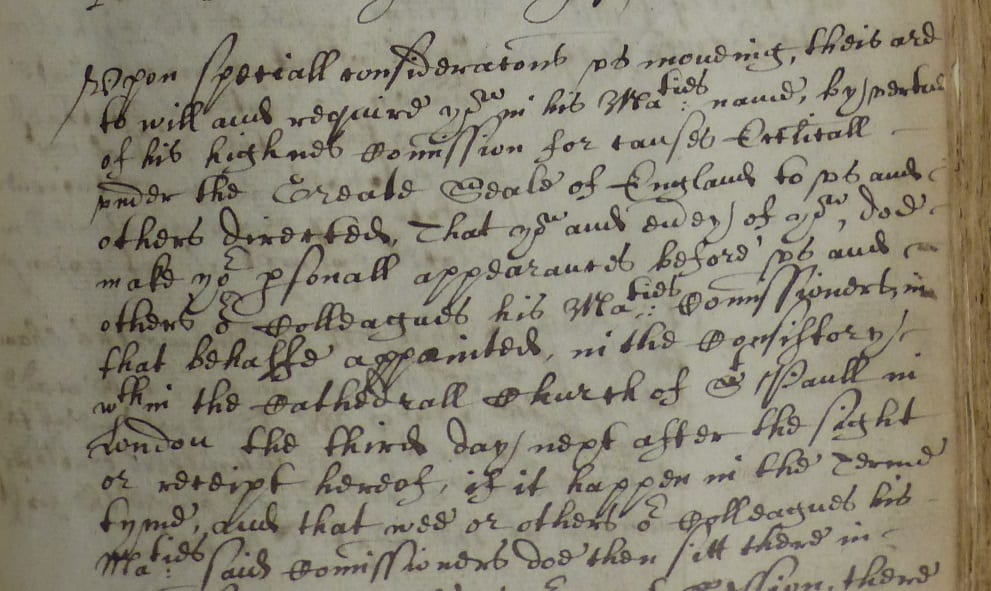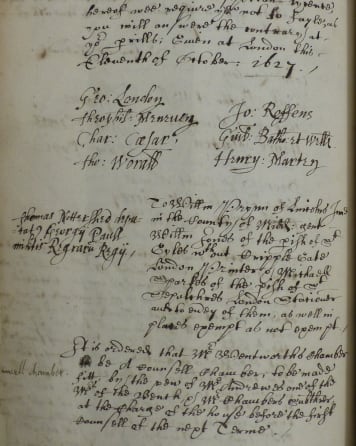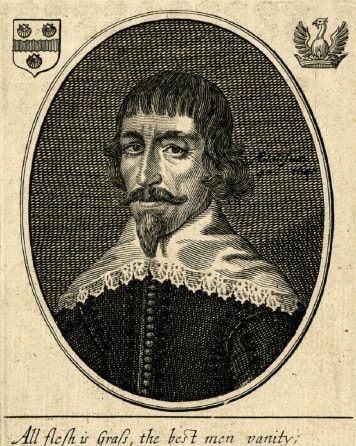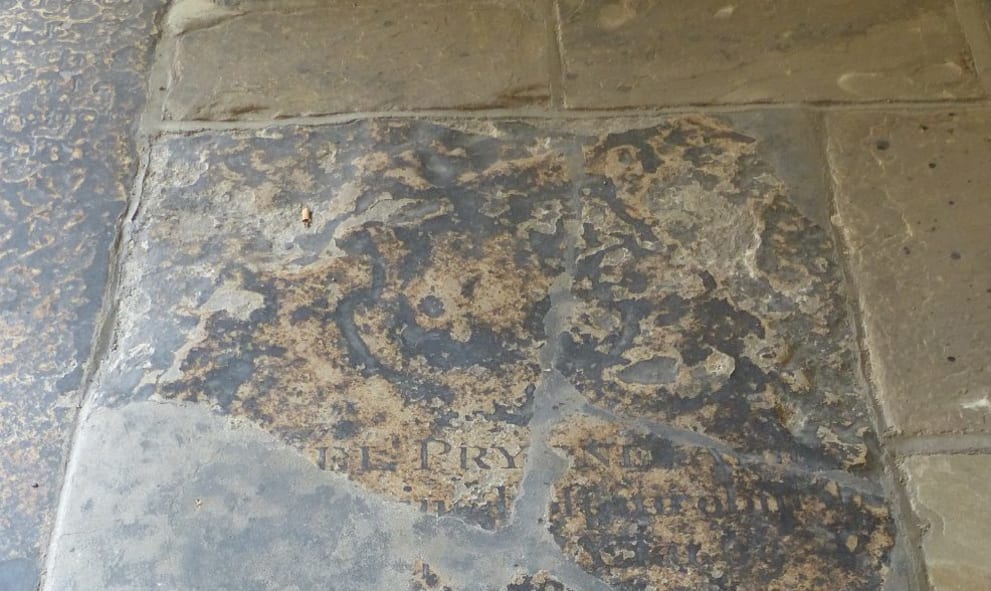June 2018 – William Prynne

On 16 June 1621 William Prynne was admitted to Lincoln’s Inn. The entry reads ‘William Prynne, son and heir of Thomas Prynne, of Swainswick, Somerset, gent, deceased.’
William Prynne became known as a prominent Puritan opponent of Archbishop William Laud and of the church policy of the time. While it is well known that William Prynne was tried before the Star Chamber in 1633 and 1637 for sedition, it seems less well known that as early as 1627 William Prynne was already in trouble for his first publication, a theological treatise entitled ‘The Perpetuity of a Regenerate Man’s Estate.’
At a Council meeting held on the 23 October 1627, letters were presented, which had been received from ‘His Majesties Commissioners for Causes Ecclesiastical.’ These stated that William Prynne ‘a student of your house’, along with other individuals, were to be called before them. They had published a book which was found to be offensive, as it contained ‘diverse passages tending to the great scandall of the Church of England in general’. The letter asks that the Society call Prynne before them to inform him that he is to appear for proceedings. Also included was a separate missive addressed to the perpetrators, with the order that ‘yow and every of yow doe make yor personal appearances before us.’


Despite these investigations, there does not seem to have been any major repercussions for Prynne at this time, and he went on to be called to the bar at Lincoln’s Inn on 24 June 1628.
In 1633 Prynne published ‘Histrio Mastix, the Player’s Scourge and Actor’s Tragedie.’ This work denounced the kind of Christmas entertainments enjoyed at the Inns of Court during this time, which included gaming, drinking and smoking. The festivities were condemned as ‘disorderly, bacchanalian Grand Christmasses.’ Despite the inclusion of these admonishments directed at the Inns of Court, the book was dedicated to ‘his much honoured friends’ the Benchers of Lincoln’s Inn. The work also included criticisms of women performing on stage. This was interpreted as an attack on the Queen, Henrietta Maria, who had recently participated in a court masque.
At a Council meeting held on 24 April 1634 it was announced that William Prynne had been ‘censured in his Majesties High Court of Starr Chamber’ for the writing and publishing of a seditious book, entitled ‘Histrio Mastix, the Player’s Scourge and Actor’s Tragedie.’ As a result it was ordered that William Prynne be expelled from the Society.
It is clear that the Benchers were united at this time in rejecting Prynne’s stance. At the Council meeting they note their support of the action taken against Prynne, recording that they consider the work dangerous for containing ‘not only scandalls to all his Majesties people in general, but alsoe divers incitements of his people to sedition.’
William Prynne was found guilty of sedition. He was sentenced to have his ears cut off, fined and imprisoned. Prynne’s ears were ultimately cropped, rather than completely cut off at this time. However in 1637 he was again charged with sedition after continuing to smuggle pamphlets, with the aid of a sympathetic gaoler, out of the Tower of London. This time his ears were fully removed, his nose was slit and the initials ‘S.L’ , standing for ‘Seditious Libeller’ were burnt into his cheeks.
Four years later however, William Prynne’s fortunes had reversed. On 25 May 1641, it was announced that he was to be readmitted to the Society after an Order of the Commons House of Parliament ordered that the Benchers should restore William Prynne to his former condition within the Society.

William Prynne proved to be an active member of the Society and at a Council held on 16 November 1648 he was made a Bencher of the Inn. However his fortunes outside of the Inn rose and fell, and shortly after this he was imprisoned without trial for opposing the Commonwealth.
Despite this he was made Treasurer in 1657, and in June of the same year he presented the Society with a book called ‘An exact abridgment of the Records of the Tower.’ He later benefited from being appointed keeper of the records in the Tower of London by Charles II after the Restoration. Although William Prynne may have appeared an unlikely Royalist to many, he had made on-going professions of loyalty to Charles II, despite continuing to produce Puritan pamphlets.
His relationship with the Inn appears to have been strong, although this did not stop him continuing to voice his disapproval of how festivities were celebrated. In 1654 he published ‘A Briefe Polemicall Dissertation, concerning the true time of the inchoation and determination of the Lords day Sabbath’ in which he passed judgement on the revels held between All Saint’s Eve and Candlemas. According to Prynne, the festivities often lasted well beyond midnight which was disrespectful of the Sabbath. It also made it difficult for the revellers to stay awake during the Sunday morning sermon. As a result Prynne appealed to the Benchers ‘to suppress all publique gaming and dicing in the hall, with all Grand Christmasses and disorders in that abused season; and likewise restrain the length of their revels on Saturday night.’ Despite Prynne’s entreaties, no modifications were ordered at that time.
William Prynne died at the Inn, in his chamber in Garden Court, on 24 October 1669 and was buried under the Chapel. The gravestone is much damaged and worn now, but it originally read ‘Guliel Prynne Armi de Banco hujus hospitij.’

